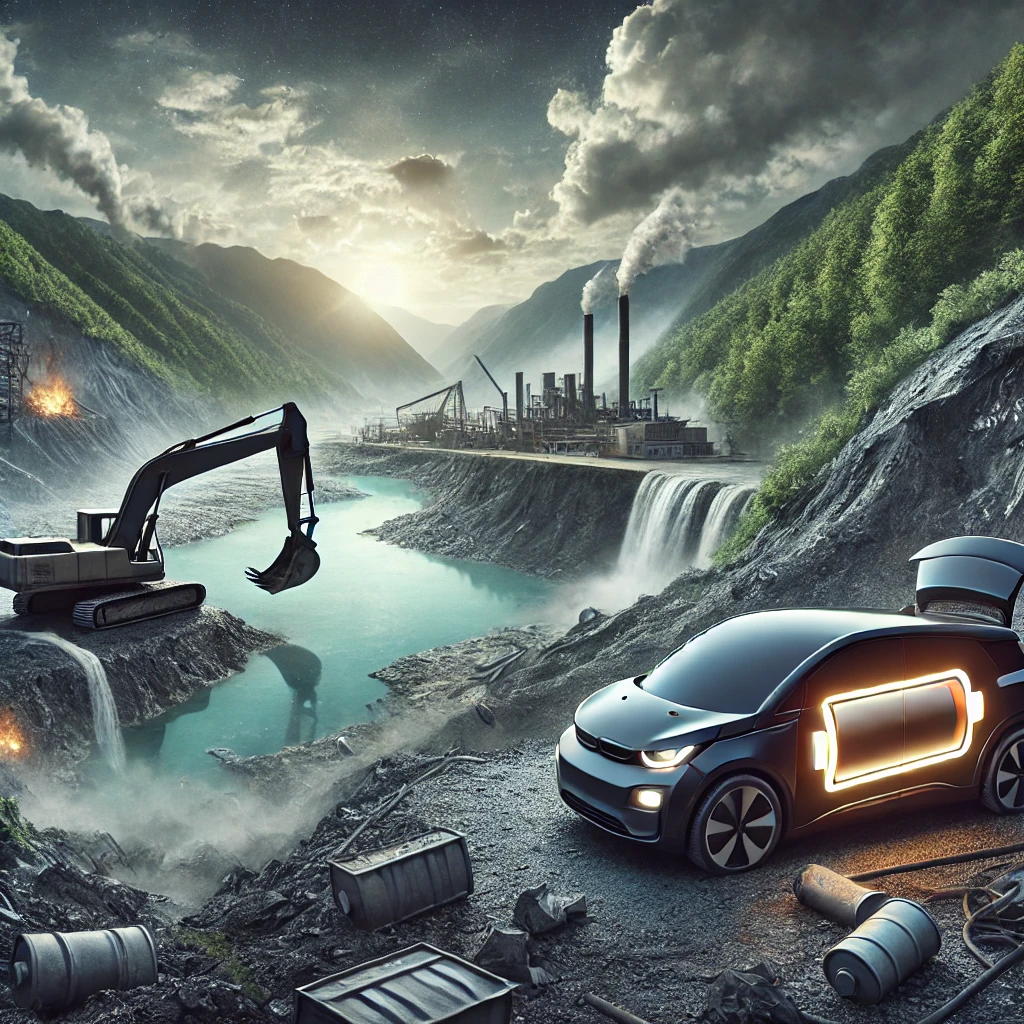
1. High Initial Costs in Electric cars
Electric cars are generally more expensive than traditional petrol or diesel vehicles. Even with subsidies and incentives in some regions, the upfront cost can be a deterrent for many buyers. For a middle-class Indian family, affording an electric car might feel like a stretch, especially when compared to conventional alternatives that offer more value for the same price.
2. Limited Range and Charging Infrastructure of Electric cars
Range anxiety is a genuine concern for most electric car owners. While manufacturers are improving battery ranges, electric cars still lag behind petrol and diesel vehicles when it comes to long-distance travel.
Additionally, India’s charging infrastructure is in its nascent stages. Unlike fuel stations that are easily accessible, finding a charging station can be a challenge, especially in semi-urban and rural areas. Even in metropolitan cities, the availability of fast chargers is limited, making long trips inconvenient.
3. Charging Time vs. Refueling Time in Electric cars
Filling up a petrol or diesel car takes just a few minutes. Electric cars, on the other hand, require hours to recharge fully, even with a fast charger. For busy professionals and frequent travelers, this waiting time can disrupt schedules and add unnecessary inconvenience.
4. Battery Longevity and Replacement Costs of Electric cars
The lifespan of an electric car battery is a significant concern. Most batteries degrade over time, reducing the vehicle’s efficiency and range. Replacing a battery is an expensive affair and may offset any savings on fuel costs over the years.
In India, where weather extremes can affect battery performance, this issue becomes even more prominent.
5. Environmental Impact of Battery Production
While electric cars are touted as environmentally friendly, their batteries tell a different story. The production and disposal of lithium-ion batteries have a considerable ecological footprint. Mining for lithium and cobalt harms the environment and often involves exploitative labor practices.
Thus, while driving an electric car may seem green, the bigger picture raises questions about its true sustainability.
6. Limited Options for Budget Buyers
Electric cars in India are primarily targeted at the premium segment. Affordable options are limited, and they often compromise on features, performance, and battery range. For budget-conscious buyers, traditional vehicles provide far better options with proven reliability.
7. Power Supply Challenges in India
India’s electricity grid is still evolving, and power cuts are common in many regions. Charging an electric car during such interruptions can be frustrating. Additionally, relying on coal-based electricity for charging negates the environmental benefits of electric cars to some extent.
8. Resale Value Uncertainty
The resale market for electric cars is still uncharted territory. Buyers are hesitant to invest in second-hand electric cars due to concerns about battery health and outdated technology. This uncertainty can affect the long-term value of your investment.
Final Thoughts
Electric cars undoubtedly have their advantages, especially in reducing air pollution and dependency on fossil fuels. However, they are not without their flaws. Factors like high costs, limited infrastructure, and environmental concerns surrounding battery production make them less appealing for many potential buyers.
Before investing in an electric car, weigh the pros and cons carefully. Consider your driving needs, the availability of charging options, and the long-term implications. While electric cars hold promise, they might not yet be the best choice for every buyer.
Electric cars are generally more expensive than traditional petrol or diesel vehicles. Even with subsidies and incentives in some regions, the upfront cost can be a deterrent for many buyers. For a middle-class Indian family, affording an electric car might feel like a stretch, especially when compared to conventional alternatives that offer more value for the same price.
2. Limited Range and Charging Infrastructure
Range anxiety is a genuine concern for most electric car owners. While manufacturers are improving battery ranges, electric cars still lag behind petrol and diesel vehicles when it comes to long-distance travel.
Additionally, India’s charging infrastructure is in its nascent stages. Unlike fuel stations that are easily accessible, finding a charging station can be a challenge, especially in semi-urban and rural areas. Even in metropolitan cities, the availability of fast chargers is limited, making long trips inconvenient.
3. Charging Time vs. Refueling Time
Filling up a petrol or diesel car takes just a few minutes. Electric cars, on the other hand, require hours to recharge fully, even with a fast charger. For busy professionals and frequent travelers, this waiting time can disrupt schedules and add unnecessary inconvenience.
4. Battery Longevity and Replacement Costs
The lifespan of an electric car battery is a significant concern. Most batteries degrade over time, reducing the vehicle’s efficiency and range. Replacing a battery is an expensive affair and may offset any savings on fuel costs over the years.
In India, where weather extremes can affect battery performance, this issue becomes even more prominent.
5. Environmental Impact of Battery Production
While electric cars are touted as environmentally friendly, their batteries tell a different story. The production and disposal of lithium-ion batteries have a considerable ecological footprint. Mining for lithium and cobalt harms the environment and often involves exploitative labor practices.
Thus, while driving an electric car may seem green, the bigger picture raises questions about its true sustainability.
6. Limited Options for Budget Buyers
Electric cars in India are primarily targeted at the premium segment. Affordable options are limited, and they often compromise on features, performance, and battery range. For budget-conscious buyers, traditional vehicles provide far better options with proven reliability.
7. Power Supply Challenges in India
India’s electricity grid is still evolving, and power cuts are common in many regions. Charging an electric car during such interruptions can be frustrating. Additionally, relying on coal-based electricity for charging negates the environmental benefits of electric cars to some extent.
8. Resale Value Uncertainty
The resale market for electric cars is still uncharted territory. Buyers are hesitant to invest in second-hand electric cars due to concerns about battery health and outdated technology. This uncertainty can affect the long-term value of your investment.
Final Thoughts
Electric cars undoubtedly have their advantages, especially in reducing air pollution and dependency on fossil fuels. However, they are not without their flaws. Factors like high costs, limited infrastructure, and environmental concerns surrounding battery production make them less appealing for many potential buyers.
Before investing in an electric car, weigh the pros and cons carefully. Consider your driving needs, the availability of charging options, and the long-term implications. While electric cars hold promise, they might not yet be the best choice for every buyer.
For such more blogs written by Vinit visit :https://anyquery.in/
